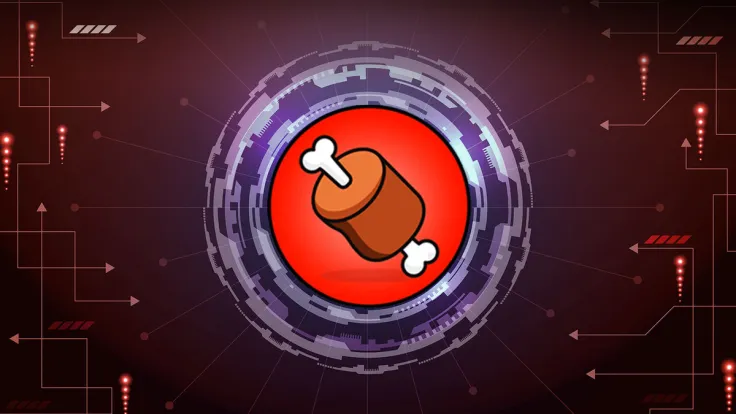
Disclaimer: The opinions expressed by our writers are their own and do not represent the views of U.Today. The financial and market information provided on U.Today is intended for informational purposes only. U.Today is not liable for any financial losses incurred while trading cryptocurrencies. Conduct your own research by contacting financial experts before making any investment decisions. We believe that all content is accurate as of the date of publication, but certain offers mentioned may no longer be available.
In a historic feat, the upcoming Layer-2 Shibarium main token and Shiba Inu governance token BoneShibaSwap (BONE) have entered the top 100 cryptocurrencies by market capitalization.
According to BoneShibaSwap, a Twitter account focused on BONE, this marks the first time that BONE has achieved this feat. BONE ShibaSwap is currently ranked the 99th largest cryptocurrency with a market cap of $423.9 million, per CoinMarketCap data.
#shibarium
— BoneShibaSwap (@BoneShiba) February 21, 2023
🔥📡 $Bone reached top 100 for the first time
price of #bone is 1.90 $ right now
BONE has steadily risen since the weekend, following positive indications regarding the upcoming Shibarium beta release.
The lead Shiba Inu developer, Shytoshi Kusama, hinted at the imminent release of the much-awaited Layer 2 at the week's start. Kusama has also released some publications on Shibarium. Most recently, the SHIB lead developer updated his Twitter bio with: "On (fire emoji) & on schedule."
BONE continues to gain traction
At the time of publication, BONE was up 11% at $1.86 after reaching intraday highs of $1.96.
BONE has risen to prominence as a result of the shibarium release and has been listed on exchanges in recent weeks. As previously reported, major exchanges XT.com and Bitget recently listed BONE.
As is common knowledge, BONE is the native token chosen to pay for gas transactions and reward validators and delegators in the Shibarium protocol, with 20 million tokens set aside for the purpose.
In Shibarium, validators play a key role in the network and support operability security by running the Heimdall Validator and Bor block production nodes, and locking up a specific amount of BONE tokens.
As opposed to running a validator node oneself, delegators are BONE holders who decide to help the network by staking their tokens into a validator node.
 Dan Burgin
Dan Burgin Vladislav Sopov
Vladislav Sopov